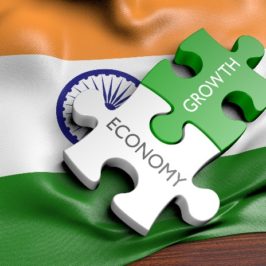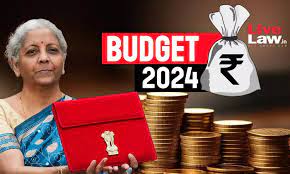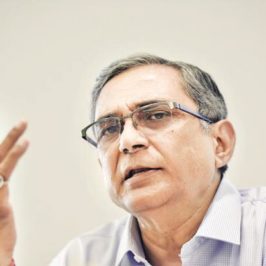
The GST Council on Sunday made the dreaded anti-profiteering clause more palatable specifying a sunset clause of two years even as it relaxed the deadline for filing returns under the goods and services tax (GST) till September. The Council also approved five sets of rules but deferred a decision on the E-Way Bill rule. The GST — a uniform levy across the country — will be rolled out at midnight on June 30, ahead of which the council will meet again. Jammu and Kashmir and Kerala are yet to approve the State GST law.
The GST Council tweaked rates for luxury hotels giving relief to states relying on tourism. State-run lottery tickets will attract a levy of 12% while those run by private players will attract a higher GST of 28%. Rates for hybrid vehicles were not discussed at the meeting, the 17th Council meeting.
The anti-profiteering clause seeks to penalise businesses that do not pass on the benefit of a reduced incidence to customers. Any firm found to be profiteering, will pay a penalty equivalent to the amount of benefits gained under GST but not passed on to customers.
At a press conference, finance minister Arun Jaitley said he hoped the anti-profiteering rule would not be used.
Explaining how the anti-profiteering clause would work, revenue secretary Hasmukh Adhia said the GST implementation committee, a body comprising officers from states and central government, would pass on any complaints that it receives to the Director General of Safegaurd. “The DG of Safeguard will then take about three months to investigate the complaint and send its findings to the anti-profiteering authority,” Adhia explained.
“We may be able to refund the penalty to consumers in the case of commodities that can be tracked. However, for other commodities, the penalty amount will be deposited in the consumer welfare fund as provided under the GST Act,” Adhia added.
The simplified rules for filing returns require a taxpayer to file only a simple, self-certified return —by August 20 for July and September 20 for August. This would summarise inward and outward supplies rather than specify invoice-wise detailed returns as per GST rules. However, assesses must file the return with invoice details in September for both months. These will be matched with the simpler returns filed earlier, and any discrepancy would be liable to a fine, Adhia said.
The FM observed the IT platform—GSTN– was ready. “So far, 65.6 lakh of the 80.91 lakh existing assessees have migrated to the GSTN. This is a reasonably good number given many current taxpayers would be out of GST ambit due to the annual turnover ceiling of Rs 20 lakh,” Jaitley said. The FM added that there was a window of more than 30 days for new businesses to register.
The GST council approved five sets of rules including those relating to advance ruling, appeal and revision, assessment, anti-profiteering and fund settlement.
The anti-profiteering authority will be a five-member body; the chairman will be a secretary- level officer with four joint secretary level officers as members.
With the GST Council divided on the E-way rule—the manner in which consignments moving across states will be tracked–Jaitley said the transient rule would prevail pending a final decision.
Meanwhile, the Council raised the ceiling for hotel rooms attracting the highest tax rate of 28%– rooms costing more than Rs 7,500 per night will now be taxed at 28% compared to Rs 5,000 and above earlier. Similarly, services provided by restaurants in five-star hotels will now also charge 18%, down from 28% earlier. This has brought these restaurants at par with other air-conditioned restaurants.
The Council lowered the annual turnover limit for the composition scheme to Rs 50 lakh for the north-eastern and some other hilly states, at their request. Earlier, the composition limit for all states was increased from Rs 50 lakh to Rs 75 lakh. The composition scheme is applicable only to traders, manufacturers and restaurants.





